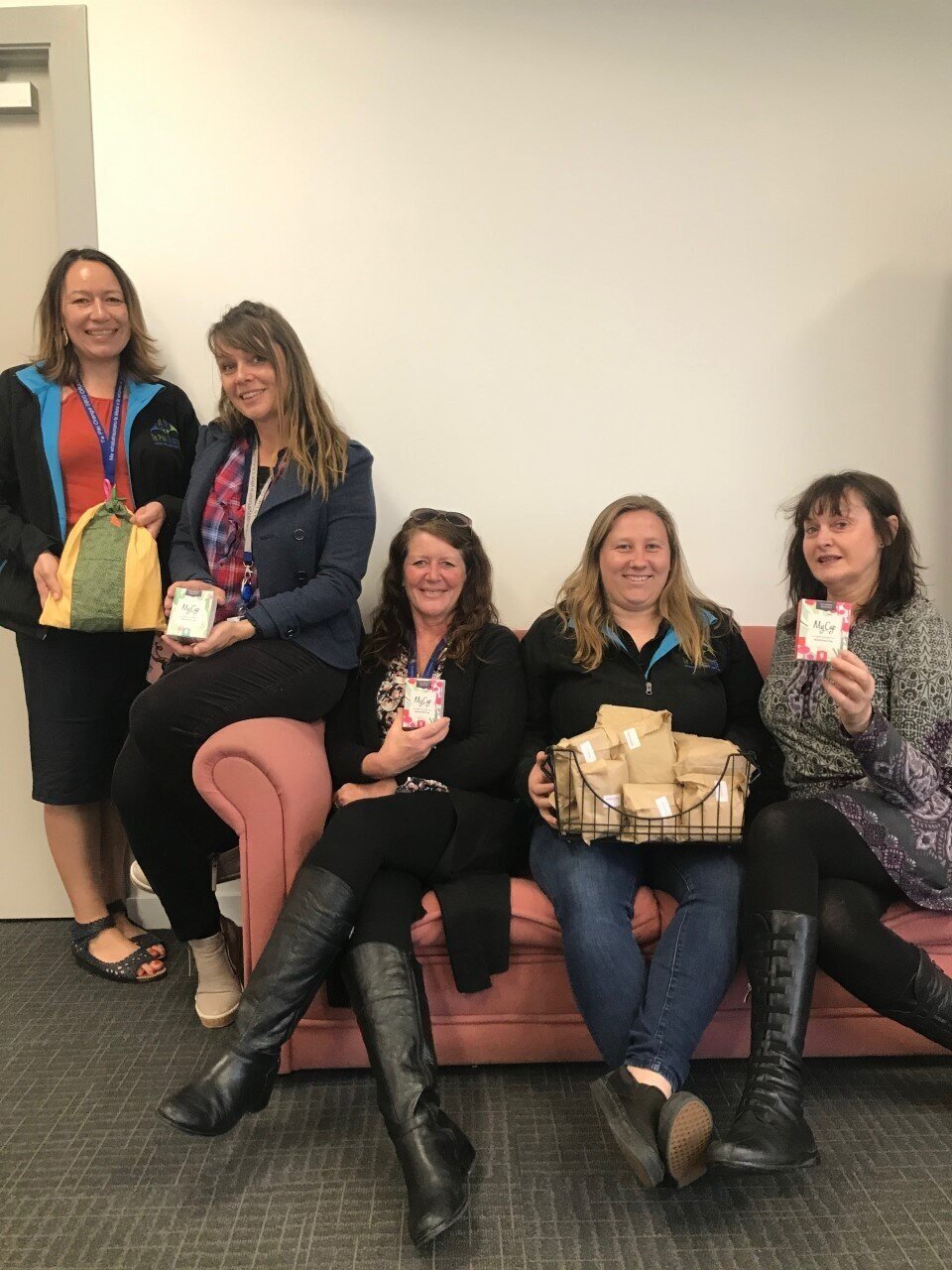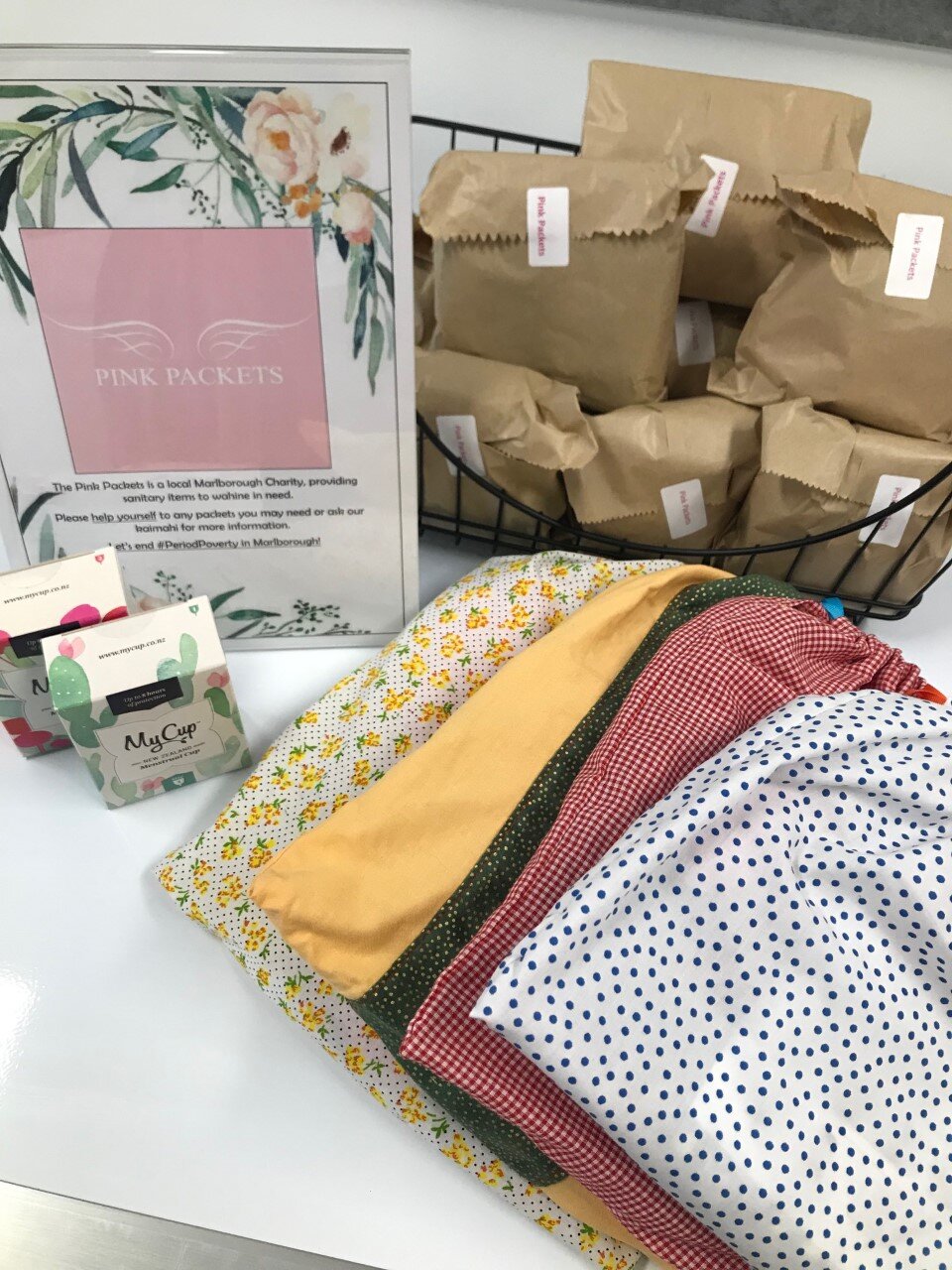By Melissa Nally, Pūkenga Manaaki, Te Hā Aukati Kaipaipa
Ko Tapuae-o-Uenuku te maunga
Ko Awatere te awa
Nō Airani ōku tipuna, no Tenemāka hoki
I whanau mai au ki Wairau, engari i tipu ake au ki Te Murihiku
Ko Melissa Nally ahau
Me aro ki te hā o te tangata (be aware of those around you and the air they breathe)
Melissa Nally is a Pūkenga Manaaki with Te Hā smokefree service.
On 14 August she joined her peers from regional smokefree and youth services to host a special event for rangatahi in the Wairau rohe.
Melissa gave a kōrero on vaping, based on mātauranga Māori. She encouraged rangatahi to think about the effects of vaping on people and the taio (environment) and to take a Te Ao Māori point of view where te hā (breathing) is a precious taonga.
Here is her pūrākau:
Te Piki Oranga, Sport Tasman and Te Whatu Ora kaimahi collaborated to present ‘Tihei mauri ora’ – a vapefree education day for rangatahi, held at Te Pā Wānanga (Omaka Marae).
Attended by about 20 rangatahi, the kaupapa of the event was to reaffirm te hā (the breath) as a taonga and to support young people to make informed decisions about vaping.
The 2023 ASH Year 10 Snapshot Survey shows that while Māori youth smoking rates have decreased in the past three years, the daily vaping rates of Māori youth have dramatically increased.
While vapes are a tool to help quit smoking, they are not always used in this way – especially by young people who are more likely to start vaping, rather than smoking. But just like tobacco cigarettes, vaping products (vape juice) can contain high levels of nicotine. Nicotine is addictive and rangatahi can quickly form a hard-to-break vaping habit.
To guide the reaffirmation of te hā as a taonga, we centred our kōrero with Tihei Maura Ora participants around Te Whare Tapa Whā model.
Te Whare Tapa Whā explores ways to protect and care for our tinana through:
understanding te hā as a taonga
protecting and looking after yourself and your whānau by making informed decisions
being aware of the influence of the environments we live in on our choices (eg, how vaping advertising targets young people)
the environmental impact of vapes on te taiao (whenua, awa and moana)
making and following life aspirations and standing strong in one’s identity (taha wairua).
Te Whare Tapa Whā was developed by Māori health advocate Tā (Sir) Mason Durie in 1984. The model describes health and wellbeing as a wharenui/meeting house with four walls.
These messages were shared through a video featuring Kahu Treacher, a young, inspirational basketball player and vapefree advocate.
We made Tihei Maura Ora engaging and hands-on; for example, by giving participants a box containing three months’ worth of used vapes to help them realise the financial and environmental cost.
Another fun and effective example was the use of a squeaky duck toy to draw attention to important information. Nicotine was compared to a squeaky duck and, when the kōrero focussed on the detrimental effects of nicotine on young people’s brain development, we made the duck squeak loudly.
The day ended with a Q&A session; all participants exchanged their answers for a Smokefree-branded bouncy ball which we then took outside for some very competitive games of hand ball.
Te Piki Oranga, Sport Tasman and Te Whatu Ora kaimahi received good feedback about the day. One person said they “really felt the mauri in the room when you guys were speaking with the tamariki”.
Our awesome Tihei Maura Ora participants with kaimahi Kat Jones, Reuben Molnar and Tāne Anderson from Sport Tasman, and Melissa Nally from Te Piki Oranga.
Right: Tāne Anderson and David ‘Chook’ Norgate from Sport Tasman and Reuben Molnar from Te Whatu Ora learnt a few new tricks with bouncy balls from rangatahi.





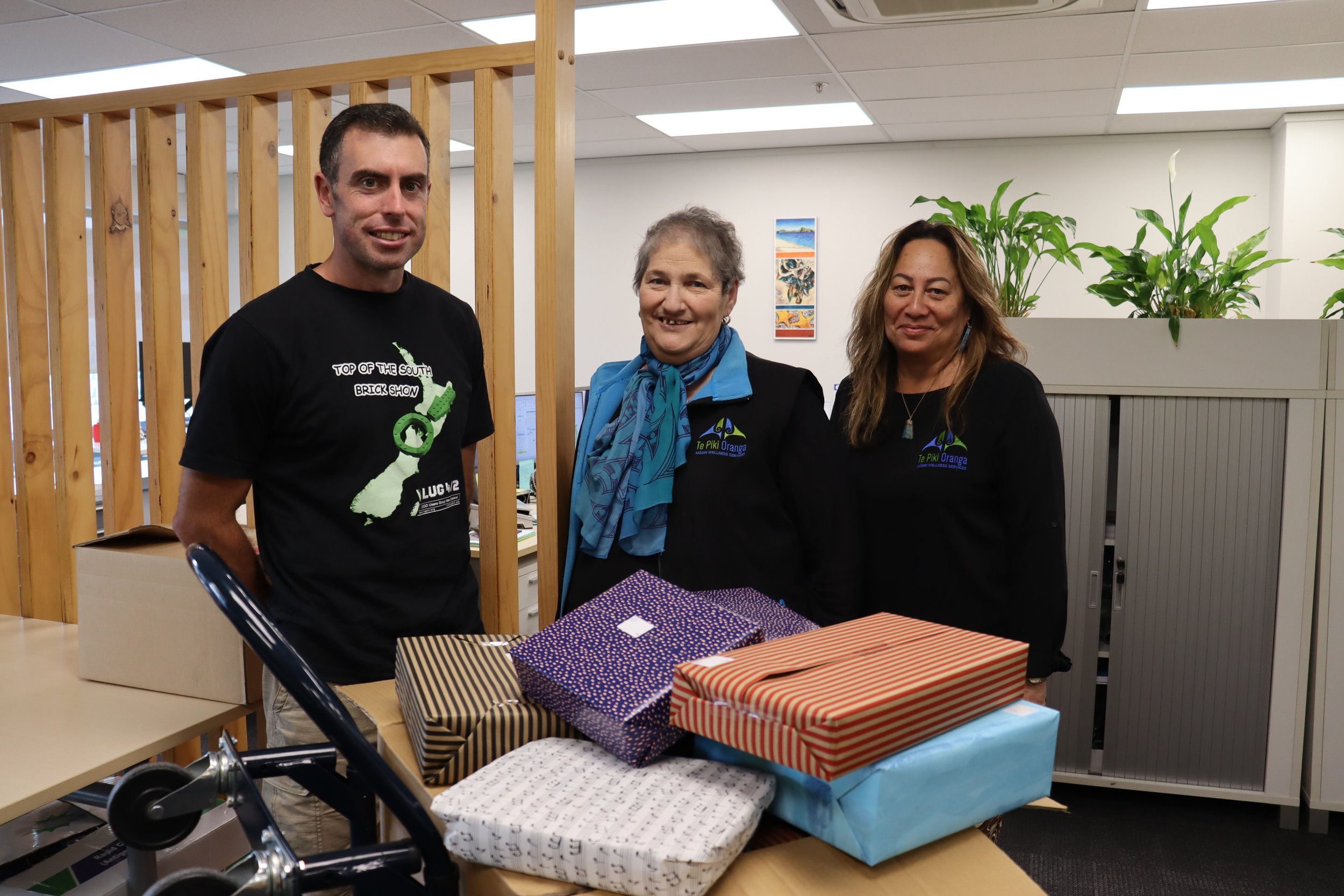
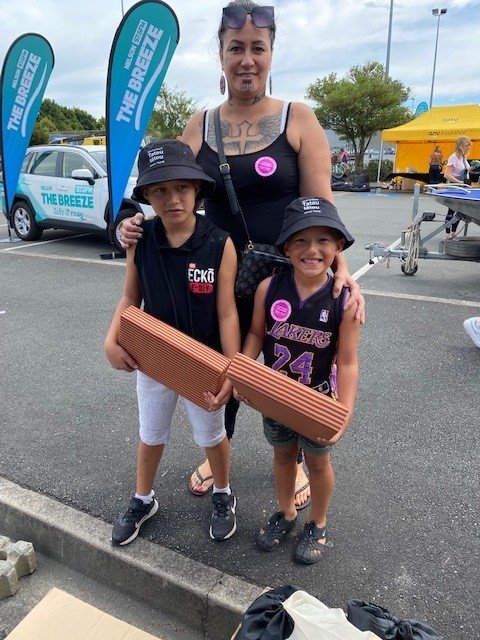
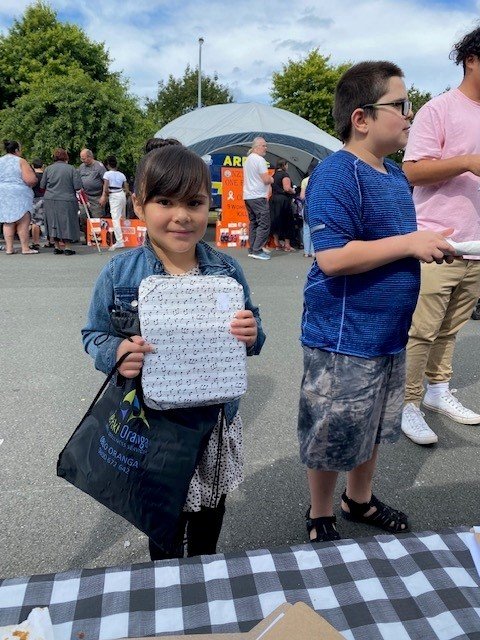
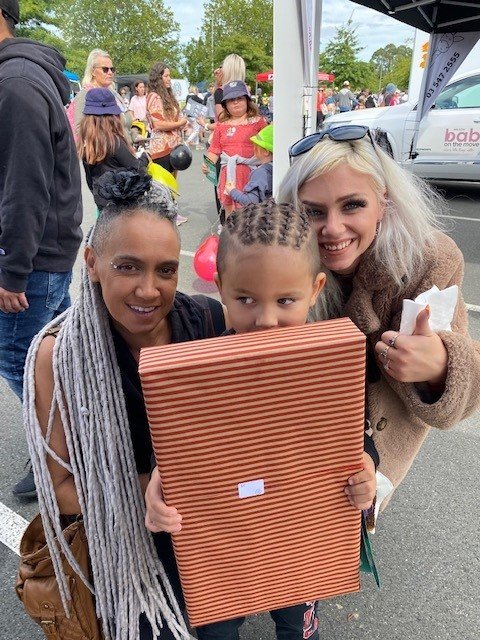
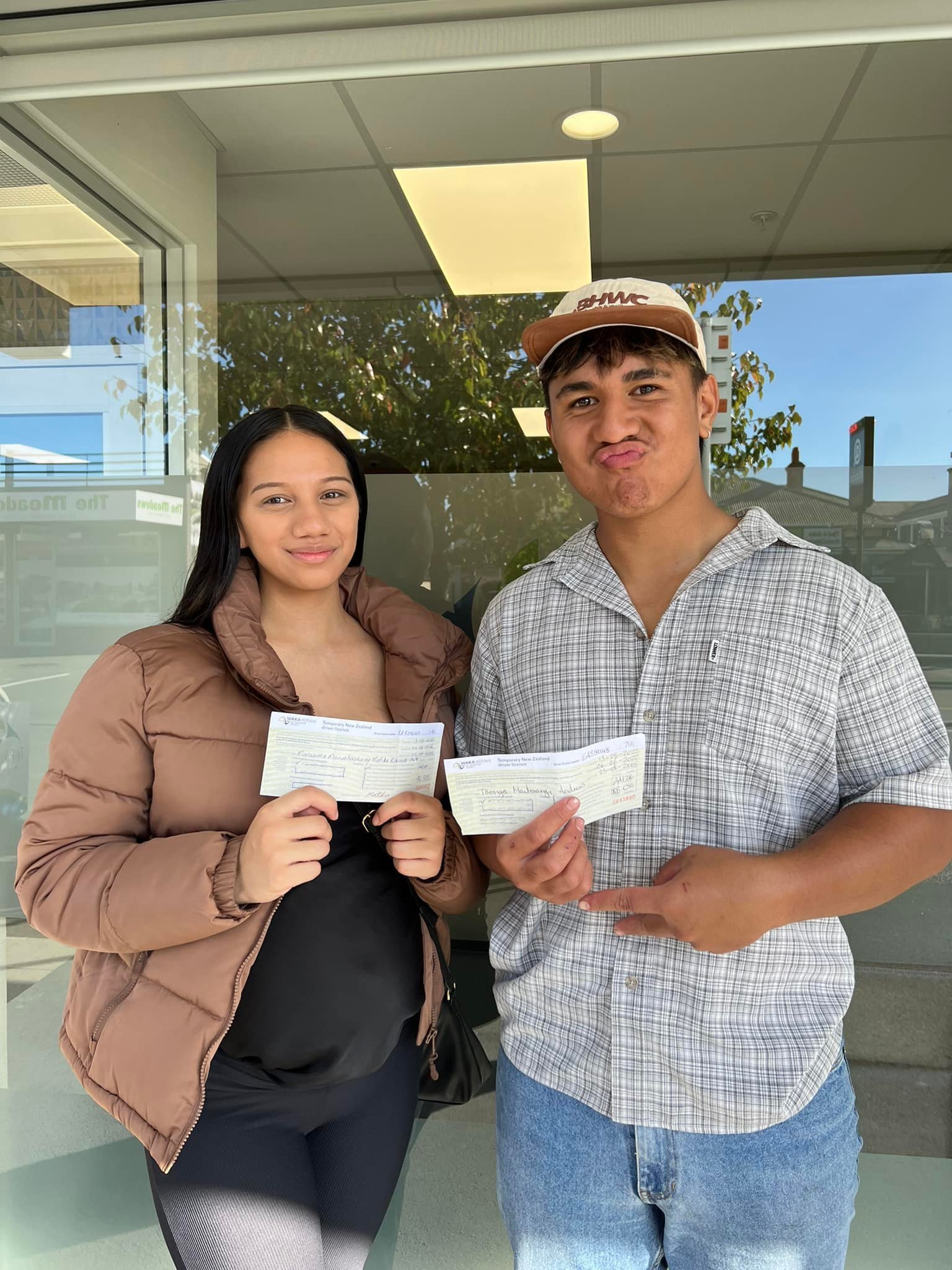
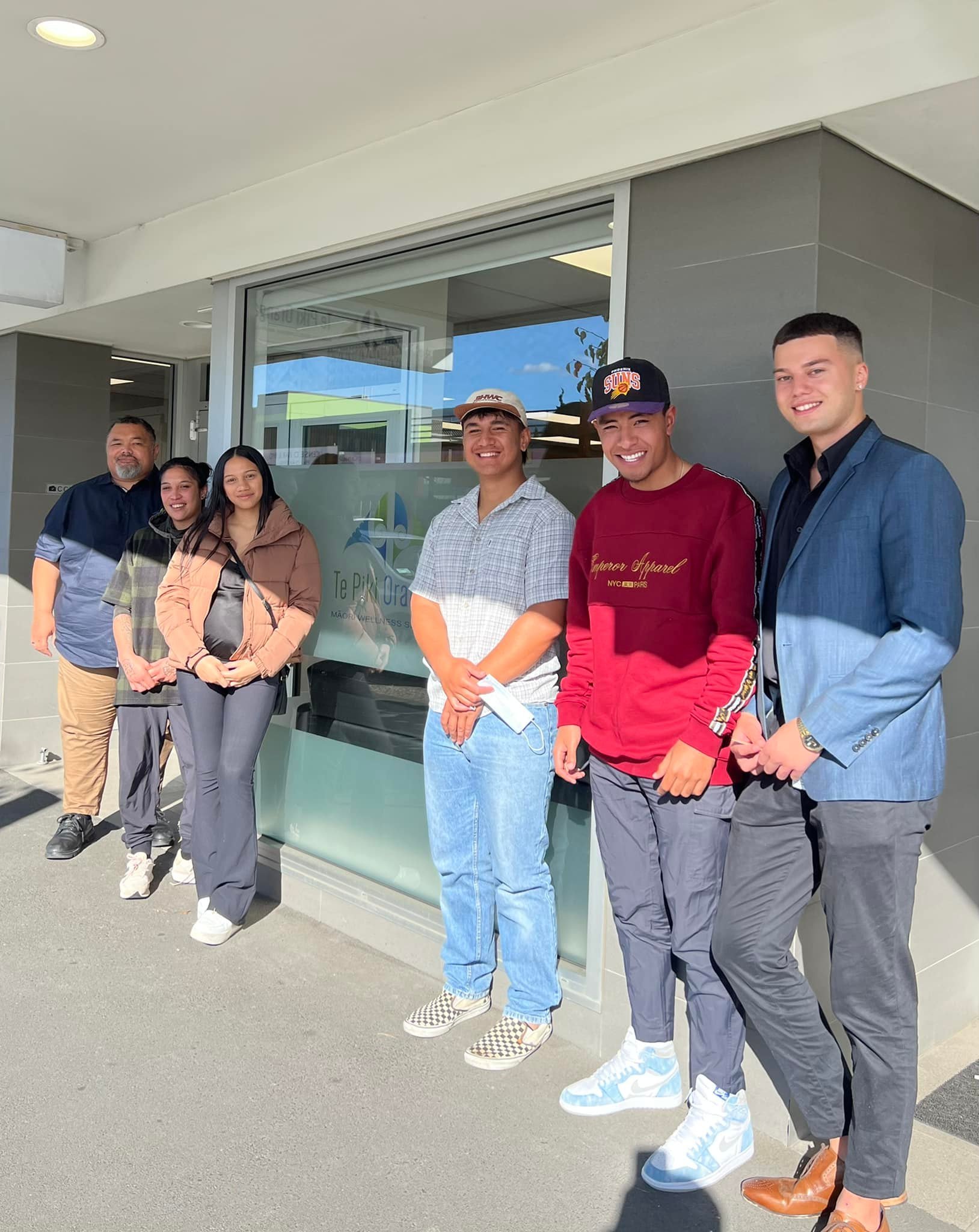

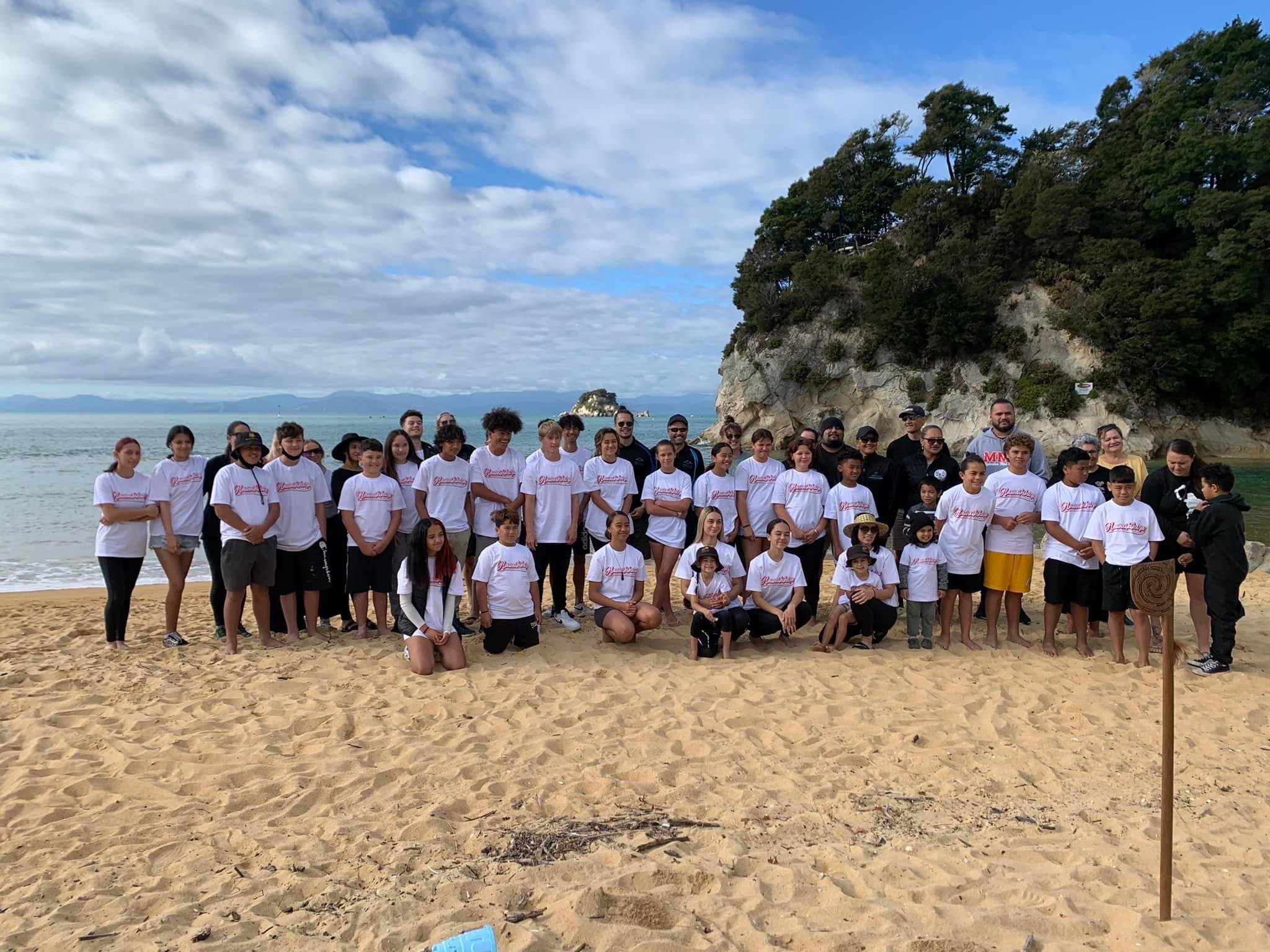
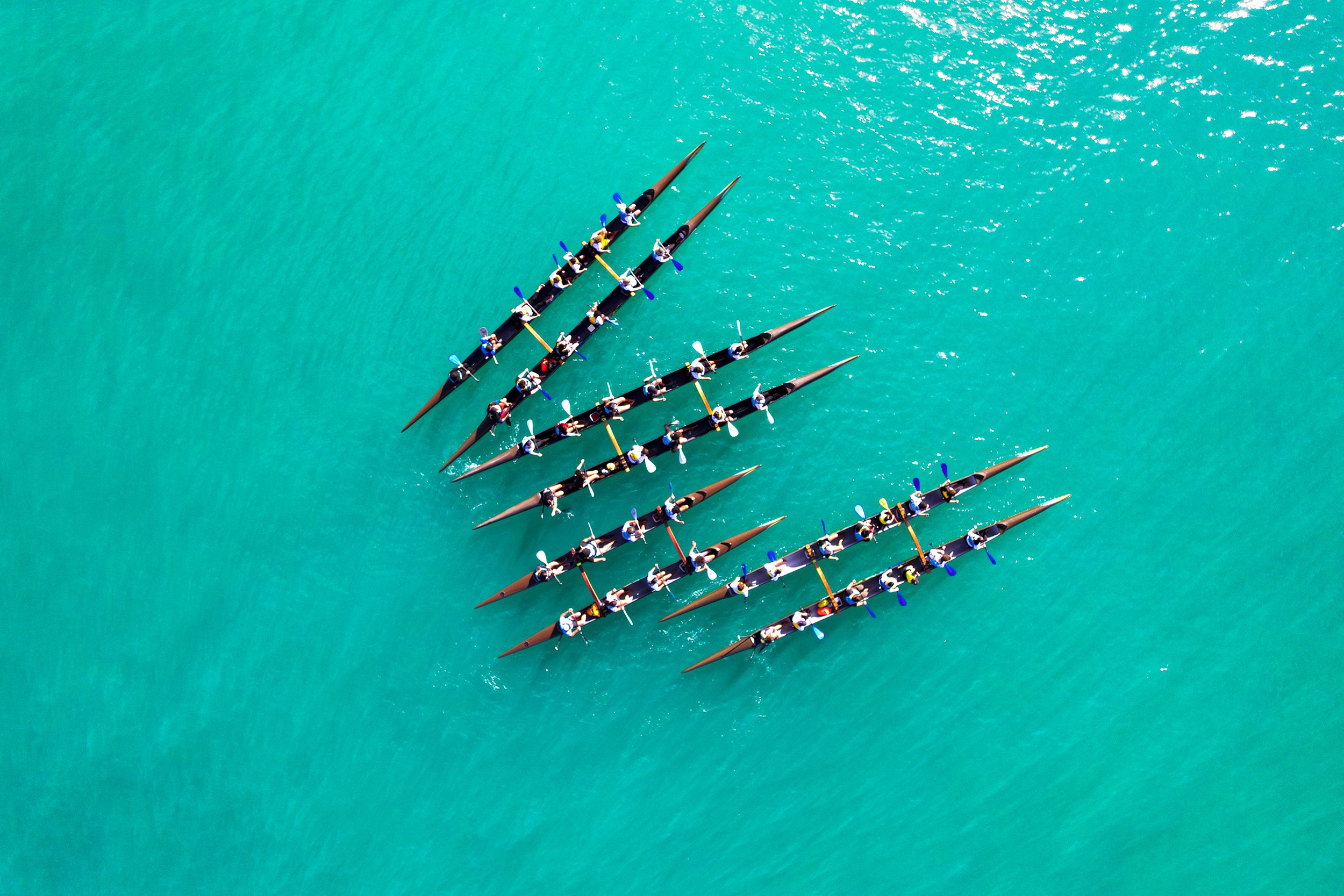
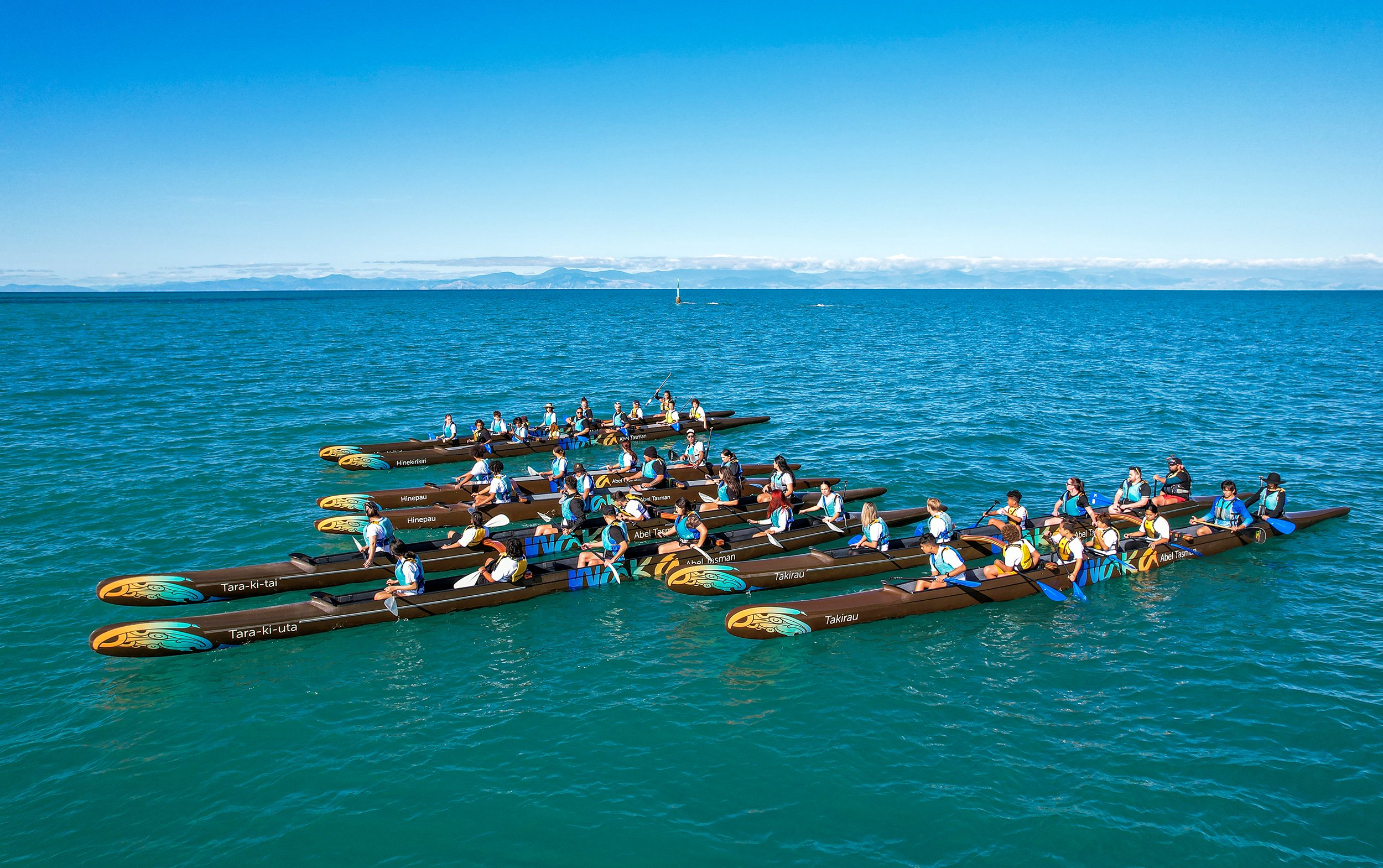
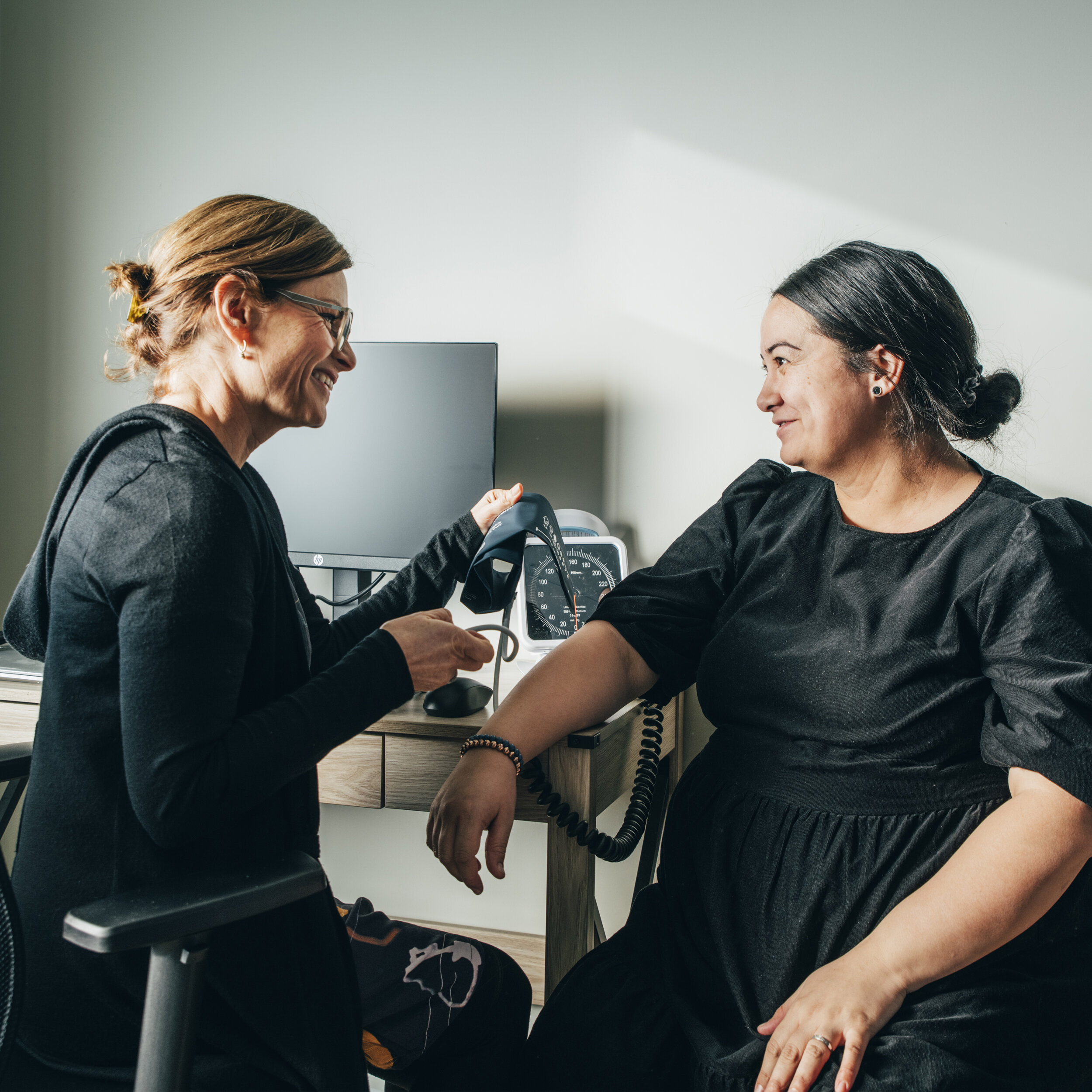
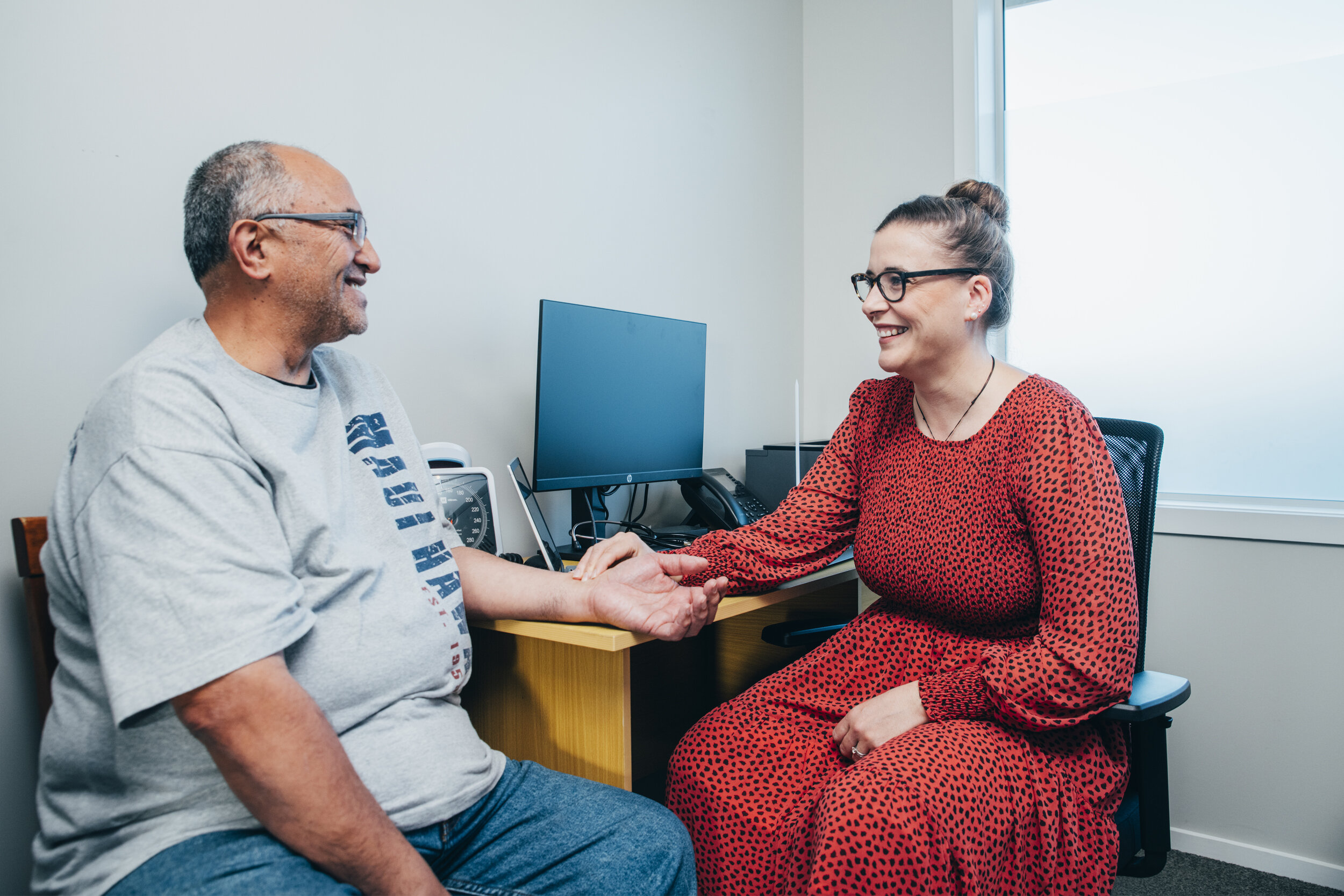
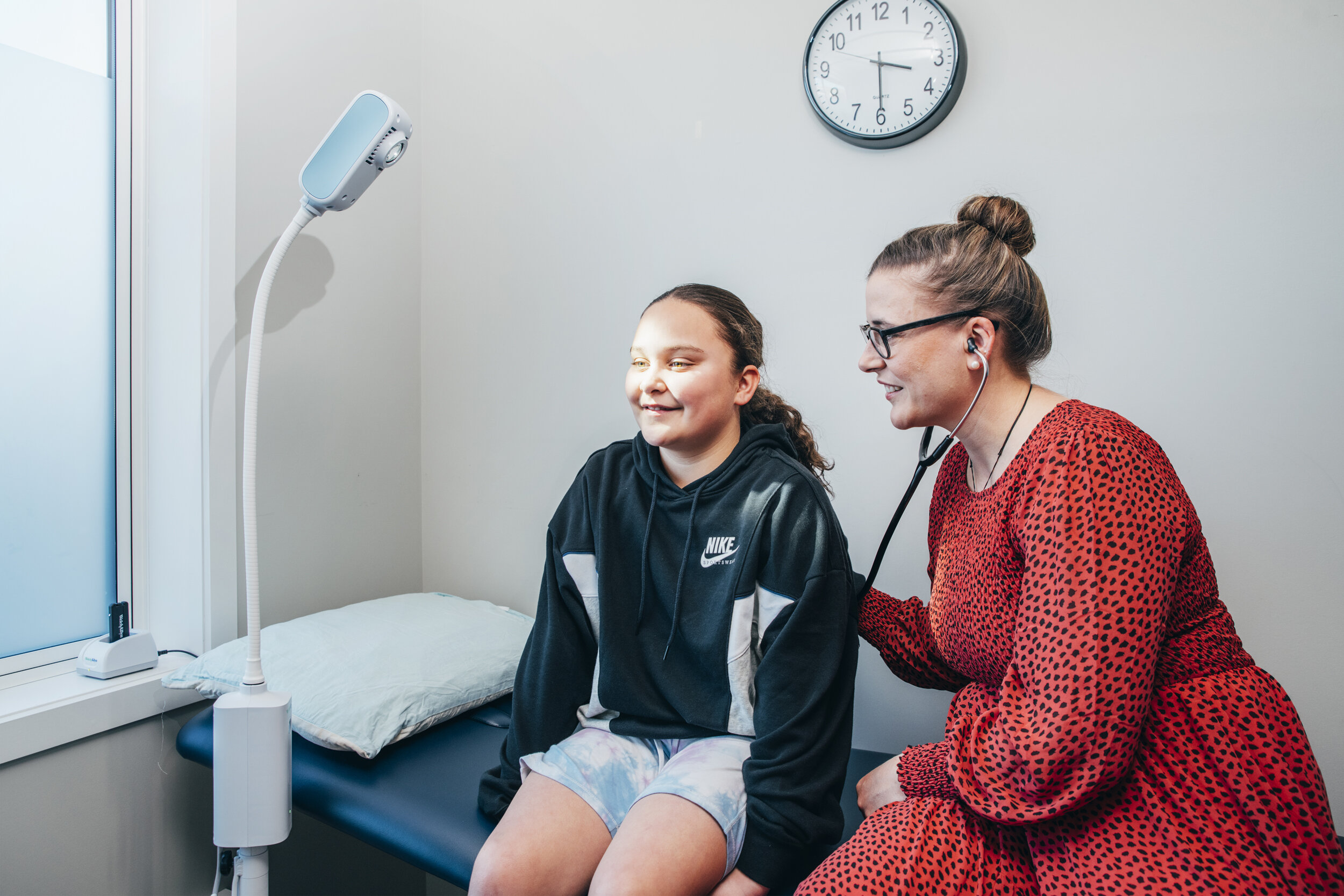
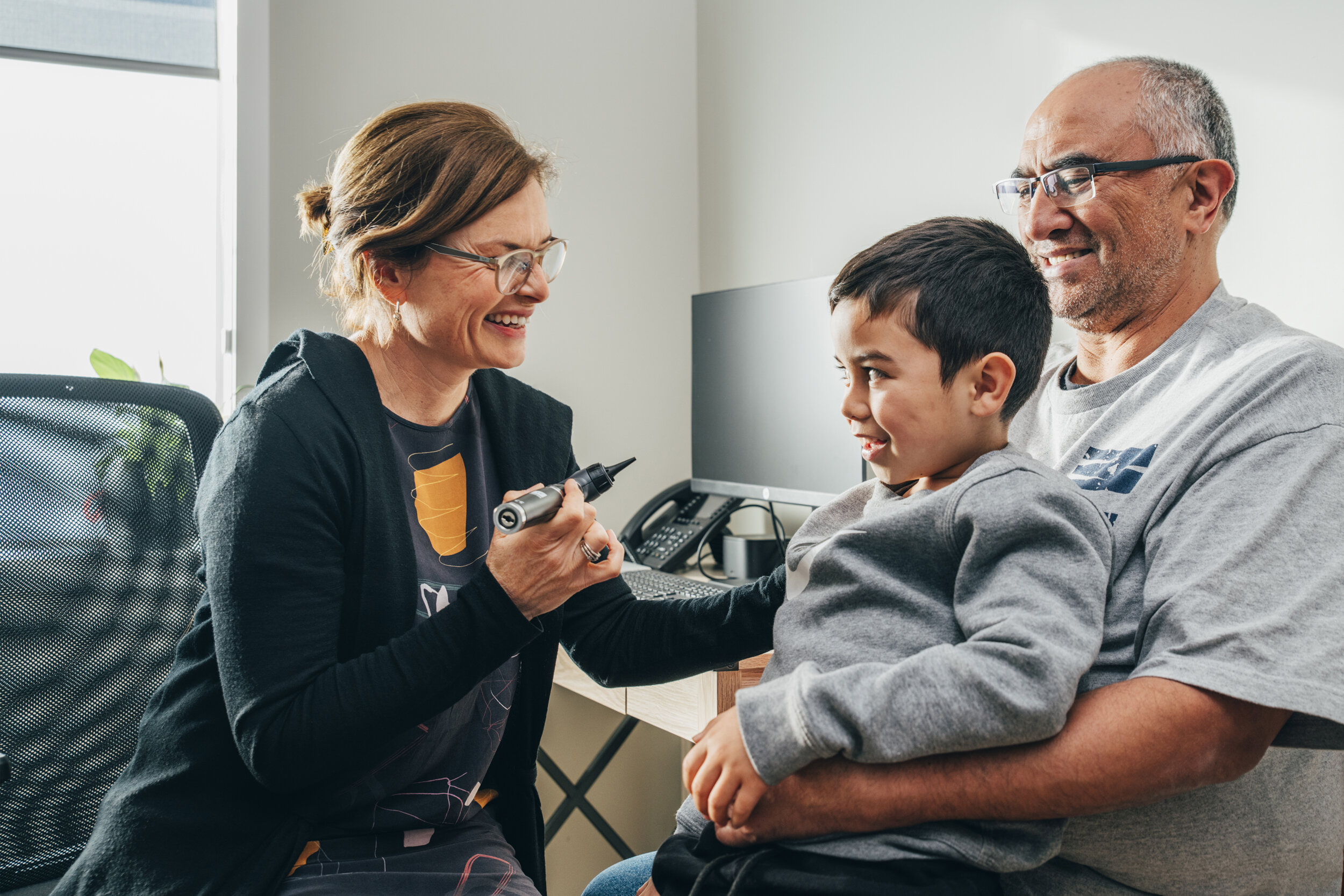
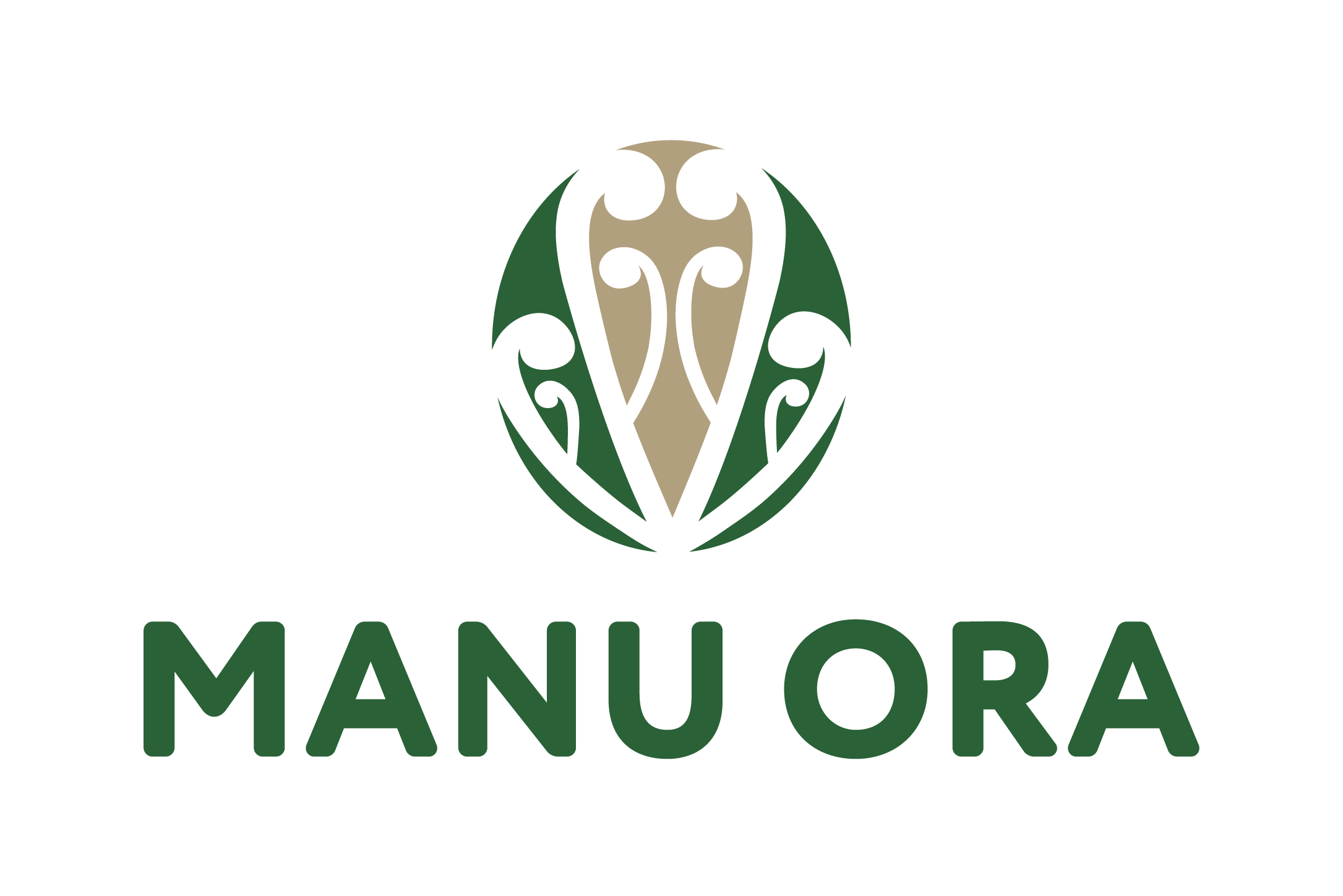



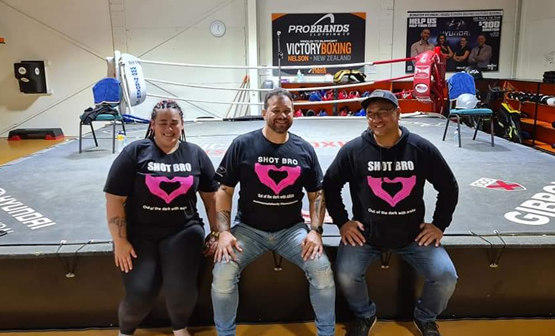





![Rangatahi[1904].jpg](https://images.squarespace-cdn.com/content/v1/574e33fa59827e36a2d12220/1605827089316-F0AC8F3OWYS1NLTTPOZI/Rangatahi%5B1904%5D.jpg)
![20200916_184623 Wairau basketball team[1906].jpg](https://images.squarespace-cdn.com/content/v1/574e33fa59827e36a2d12220/1605826511425-KYKBD7W38SEWYJCPFOEF/20200916_184623+Wairau+basketball+team%5B1906%5D.jpg)
